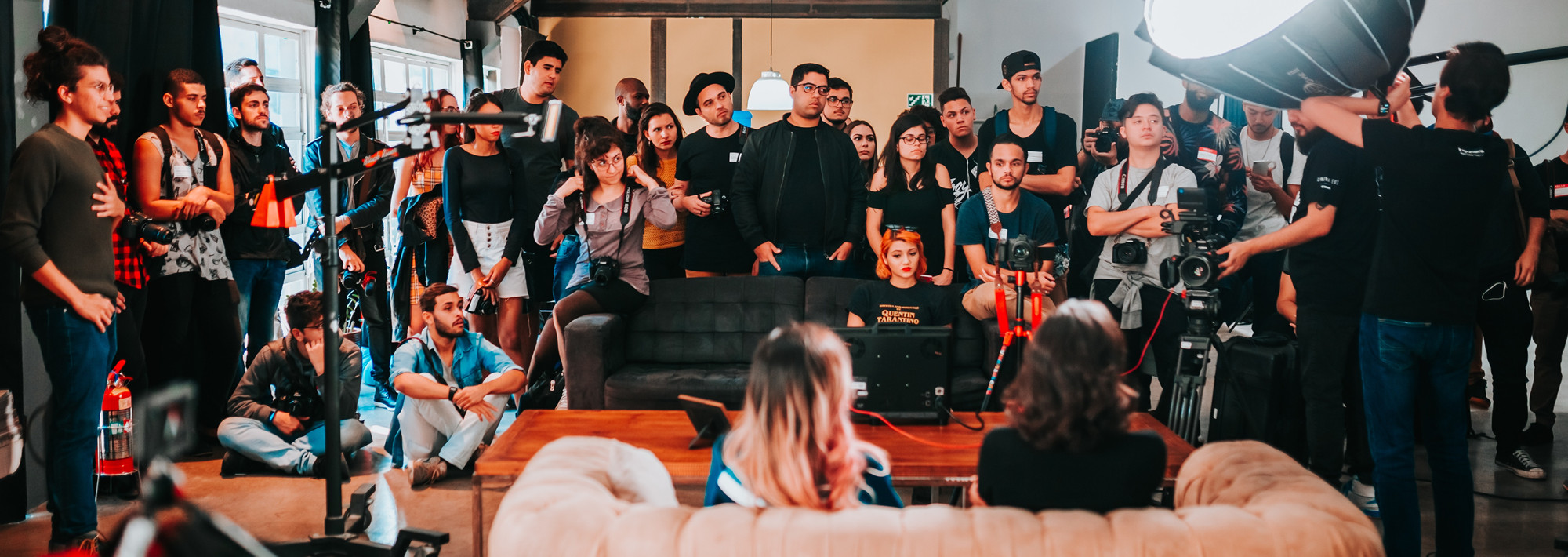
Ever feel like your interview is like this? Photo by Matheus Bertelli from Pexels
My writing comes from my experience, and the experience of others, but it’s always nice to find data to back up that experience. Last month, researchers at the North Carolina State University published a paper studying how performance anxiety affects technical interviews. The paper is pretty short, so I recommend reading it for more information.
The researchers gave a technical problem to participants of the study. Half the participants solved the problem in private and half in front of an interviewer. Not only did those in the public interview perform worse, but negative effect was especially bad for women. As one of the researchers, Chris Parnin pointed out in the accompanying press release, “All of the women who took the public interview failed, while all of the women who took the private interview passed.”
The paper’s advice
The paper outlines four pieces of guidance for companies:
-
Have candidates explain their thought process afterwards, instead of while solving the problem. “Concurrent think-aloud” hinders the problem-solving ability.
-
Eliminate performance anxiety. While some roles may require the ability to work under stress (think operational roles), that stress is different from the stress of an interview. I’ve written extensively about the various sources of stress in an interview, as well as some ways of reducing that stress.
-
Provide alternatives to a standard whiteboard interview. Aside from avoiding whiteboards in the first place, the paper brings up some interesting suggestions, like a warmup problem or a “free reset”. I’ll think about these more and probably write about them in the future.
-
Consider how your hiring affects specific groups of people. Again, this is a topic I’ve written about in the past.
I want to hone in on how to implement the first suggestion in a practical setting, based on my experience.
Working independently during the interview
As a candidate, I encountered the idea of doing independent work in a handful of interviews, all at smaller companies. The interviewer gave me a project problem to work on, then left the room so I could work comfortably. Every time, the interviewer said they were available for questions.
One positive experience was in a two-hour project interview. The interviewer checked in half way through to make sure I was doing okay. At that time, I had implemented the basic structure of the project, but I needed some data to work with. Seeing that I was going in the right direction, the interviewer provided me with some helpful data and my project all came together soon after.
When I was hiring at my startup, I also had candidates work independently, partially out of necessity as I was the only interviewer (this was the first technical hire). I sat nearby, but I made it clear I was available as little or as much as the candidate wanted. So, if someone was very comfortable with pair programming, I would be happy to accommodate.
There were some common themes in all these interviews:
-
At some point, either at the end of the project or in the middle, there is some dialogue between the interviewer and the candidate on the chosen approach. This way, the candidate still has to explain their thinking but through (as the paper calls it) “retrospective think-aloud”.
-
As with any project interview, the problem being solved was a realistic one, allowing the candidate to be evaluated on criteria relevant to the job. This included access to the internet and the use of tools the candidate feels comfortable with (relevant to the third point of guidance in the paper).
-
And finally, there was a sense of collaboration in the projects.
Solving problems in front of judging interviewers is stressful. Not only does this stress diminish problem-solving ability, but it’s not even a type of stress that’s relevant to the job. And now, that observation is backed up by research.
Letting candidates work independently for the most part is one way to reduce this stress. I hope to see more companies incorporate it in their hiring process.